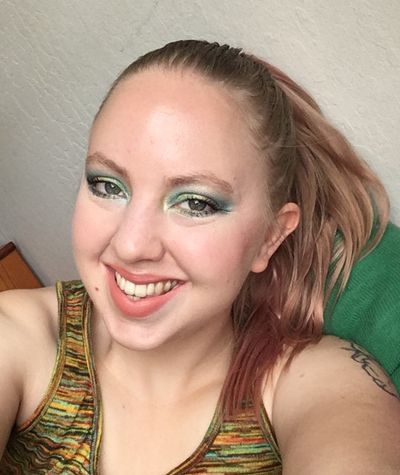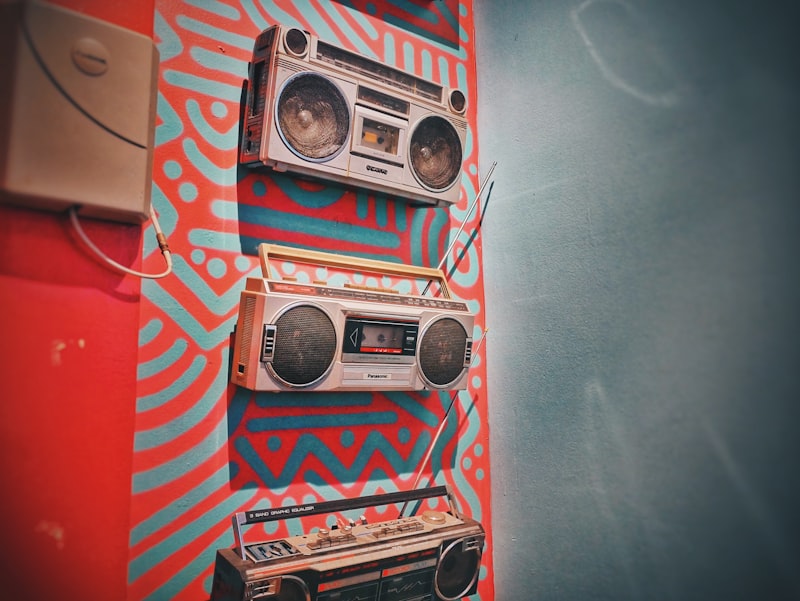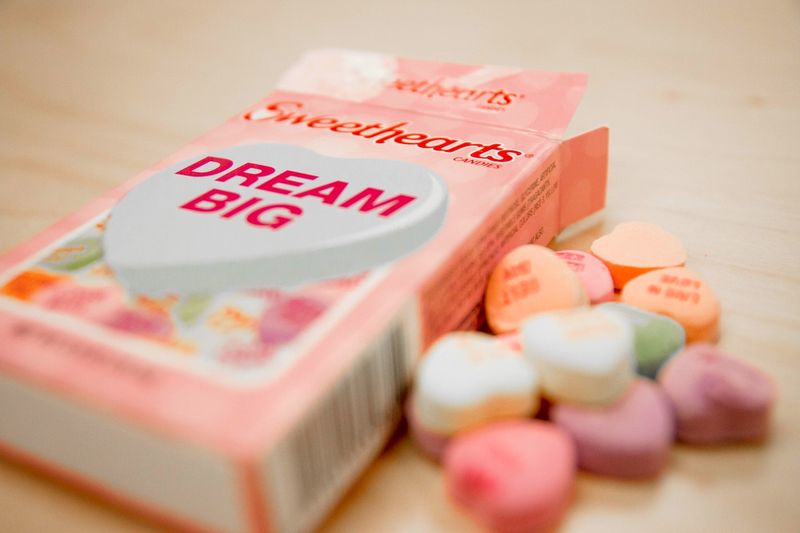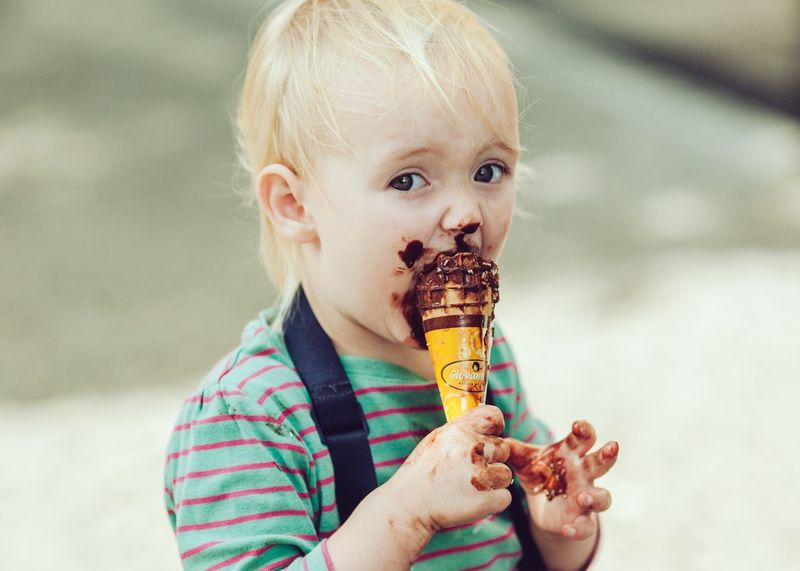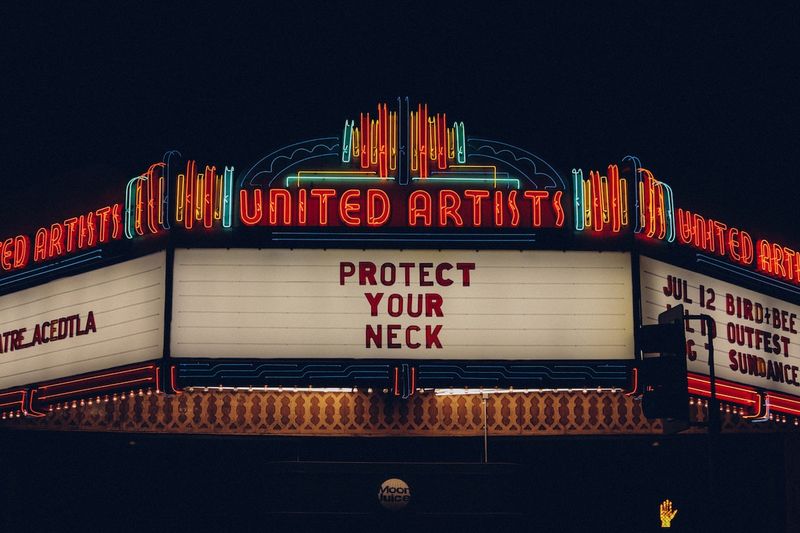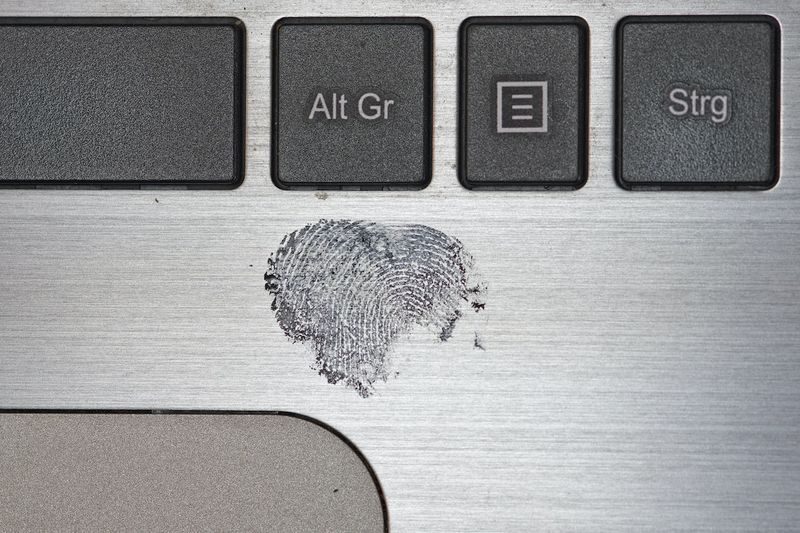I was absentmindedly scrolling Reddit when this thread caught my eye: "Why I sell my Beats as NFTs," posted in the subreddit for rappers and hip-hop producers. I've heard of people selling entire songs as NFTs, or using NFTs as merch for their music, but this was different.
"To put it simply," the post explained, "the person who bought this NFT beat can now use the beat commercially, AND resell it, potentially for a profit. Why would I do it like this if I don't make money on the resale? I do: Creators make a percentage on the backend of every sale (this happens automatically)."
Another commenter pointed out: "If you could get streaming royalties faster than 2-3 months later that would be a massive win for artists and record labels."
A lot of hip-hop producers sell non-exclusive rights to their beats, and that's exactly what this guy was doing, but instead of using a standard marketplace he took advantage of NFTs as a new rights-management technology. I reached out to /u/SlimG89 to find out more. He goes by Gnasty Music and can be found on Instagram, YouTube, and Twitter — as well as the Solana NFT exchange SolSea, of course, where his collection is called NFT Beats.
How did you find out about NFTs? And then when did you start getting involved?
I remember early in 2021 buying some Dogecoin when that hit the news. I had completely ignored crypto and web3 until that point. Researching crypto led me to find out about NFTs, but the entry price to mint or buy NFTs seemed way too steep. In October of ‘21, I found out that OpenSea had finally made it so you could mint NFTs for free using the Polygon Network. Never looked back since then.
I assume the secondary percentages were a big part of why you were interested?
The secondary percentage is really nice, but honestly I've always felt that creating digital art, music in my case, is amazing because it lasts forever. NFTs and NFT collections are a place to really create something that lasts. So yes the secondary percentage is a great feature when creating something that will last forever.
How have you found clients so far?
I admittedly only have two clients so far, the first is an artist that I started working with this year, when he found out I had an OpenSea collection, he suggested I try Solsea, since the gas fees to get crypto from ETH layer 1 to L2 are horrible. SolSea turned out to be better for the client/artist that way since the fees on their end were way lower.
The other client actually found my collection while browsing through SolSea. I was able to get my collection verified which I believe plays a big part in the authenticity of it.
[In a comment on the original Reddit post, Gnasty noted that one of his clients "sold 3 nfts and made profit" using his beats.]
What about making music, I assume you've been doing that for a while?
Yes, I'm 33 and I started producing as a hobby at 17. Really started taking it seriously about 1 1/2 years ago when I started having health issues that had me questioning my career, but questioning everything really. I worked in restaurants previously and so music is just so much more of a "I can do this for life" kinda thing.
Can you walk me through how it works when someone buys one of your NFT beats? I get the basics, but what happens if someone buys the beat, uses it, and then sells the beat onward to someone else? Do they retain the rights to use it in their previous creation?
They retain all rights. Producers know this as a non-exclusive license. I include a copy of this commercial license with the files of the music I send them, so even when the NFT is resold and the first artist already published a song using the beat on Spotify, the same license goes to the next buyer with the same rights. As it stands right now, I have to send the buyer a Google Drive link that includes all the files of the music and the license.
Do you remember when/how you realized that NFTs would be a good fit for beats in particular? I've seen people doing it for entire songs but honestly I think it makes a lot more sense for beats, and I've never seen that before personally.
Probably as soon as I realized what NFTs were. I had seen some well-known producers sell sample packs as NFTs, I saw Spottie WiFi's collection and he allows for commercial use of his music NFTs, but like you said those are full songs. I have a collection of original music as well, and I dabble in game development. My end goal is to have an app or game that's kinda like an interactive version of the NFT collection.
The utility of NFTs fascinates me and I just wanna see what can be done with the technology. I should say, also, no one else is doing this, and selling beats the traditional way is realllly tough and saturated. I've had some success and that's because I believe that my sound is not something you hear everyday. But with NFT Beats, what a generic name right? Lol, but I feel like I can stand out amongst the crowd, and try to do it the right way, meaning no scams.
I studied NFTs and in particular the traits and rarity. So the traits in my music NFTs are also informative, telling you the BPM and key and whatnot.
Actually useful metadata is a nice touch. Do you also do rarity for your NFTs? (By the way, you do have an interesting sound, almost cinematic.)
The rarity system on SolSea isn't as cool as OpenSea, but yes so I mostly do rap beats, and they are labeled in the genre trait as rap. I have one beat that is EDM/dubstep, and it's the only one, so there is rarity in that sense.
Thanks for talking to Hedgehog!
Check out Gnasty Music's NFT Beats collection on SolSea, and follow the creator on Instagram, YouTube, and Twitter.

